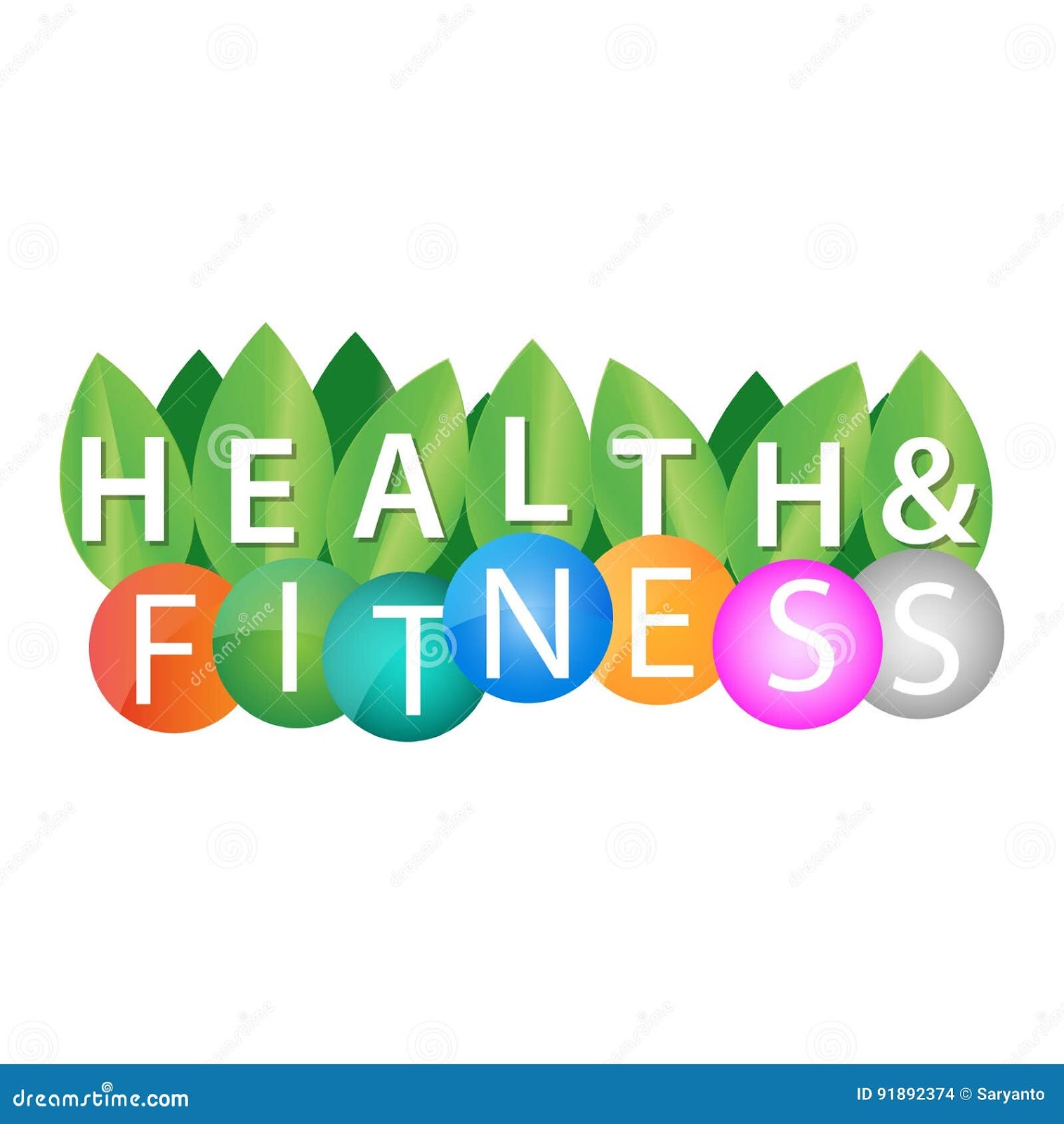The human papillomavirus (HPV) vaccine is proven to be effective not only against infections but also against several types of cancer, including cervical and head and neck cancers. This discovery was presented on May 23 at a press conference in preparation for the American Society of Clinical Oncology (ASCO) 2024 Annual Meeting, which will be held from May 31 to June 4 in Chicago, Illinois.
Reduced risk of cancer in men
The study found that men who received the HPV vaccine had a 56 percent reduced risk of developing head and neck cancers. Glenn J. Hanna, M.D., Director of the Center for Therapeutic Innovation in Cancer at the Dana-Farber Cancer Institute, said, "We know that the HPV vaccine decreases rates of oral HPV infection, but this study shows that in boys and men in particular, vaccination reduces the risk of HPV-related oropharyngeal cancers. The HPV vaccine is a prevention against cancer. »
Led by Jefferson DeKloe of Thomas Jefferson University, the study analyzed data from the U.S. TriNetX database, comparing cancer risks between 1,706,539 vaccinated patients and 1,706,538 unvaccinated patients, ages 9 to 39. The results show that vaccinated men have a 54% reduced risk for all HPV-related cancers and a 56% reduced risk for head and neck cancers compared to unvaccinated men.
Vaccine MPACT in women
In women, HPV vaccination reduced the risk of all HPV-related cancers by 27% and the risk of cervical cancer by 54%. Although the 33% reduction in the risk of head and neck cancers in vaccinated women was not statistically significant, other benefits were observed. Vaccinated women had a reduced risk of developing precancerous lesions of the cervix and required fewer surgical interventions to treat and prevent these lesions.
What it means and the next steps
Despite these promising results, HPV vaccination rates remain relatively low in the United States, with less than 60% of adolescents aged 15 to 17 vaccinated in 2022, according to the CDC. Dr. Schuchter stressed the importance of improving these rates to reduce the burden of cancer: "Young girls and boys must be vaccinated to prevent HPV infection and, therefore, reduce the risk of cancer."
DeKloe also stressed the need to find effective interventions to increase HPV vaccination rates, saying this is critical to reducing HPV-related cancer cases in the United States. The next steps will include reviewing outcomes in vaccinated individuals over 39, analyzing vaccine effects by vaccination age, and identifying populations less likely to be vaccinated.
This study has not received any external funding and is a significant step forward in understanding the overall impact of HPV vaccination.
"We now have a powerful public health argument to convince adolescents (2 doses 2 months apart between 11 and 14 years old, a 3rd dose six months later if started after age 15) of both sexes to be vaccinated against the Papillomavirus." Antoine Flauhault on X

